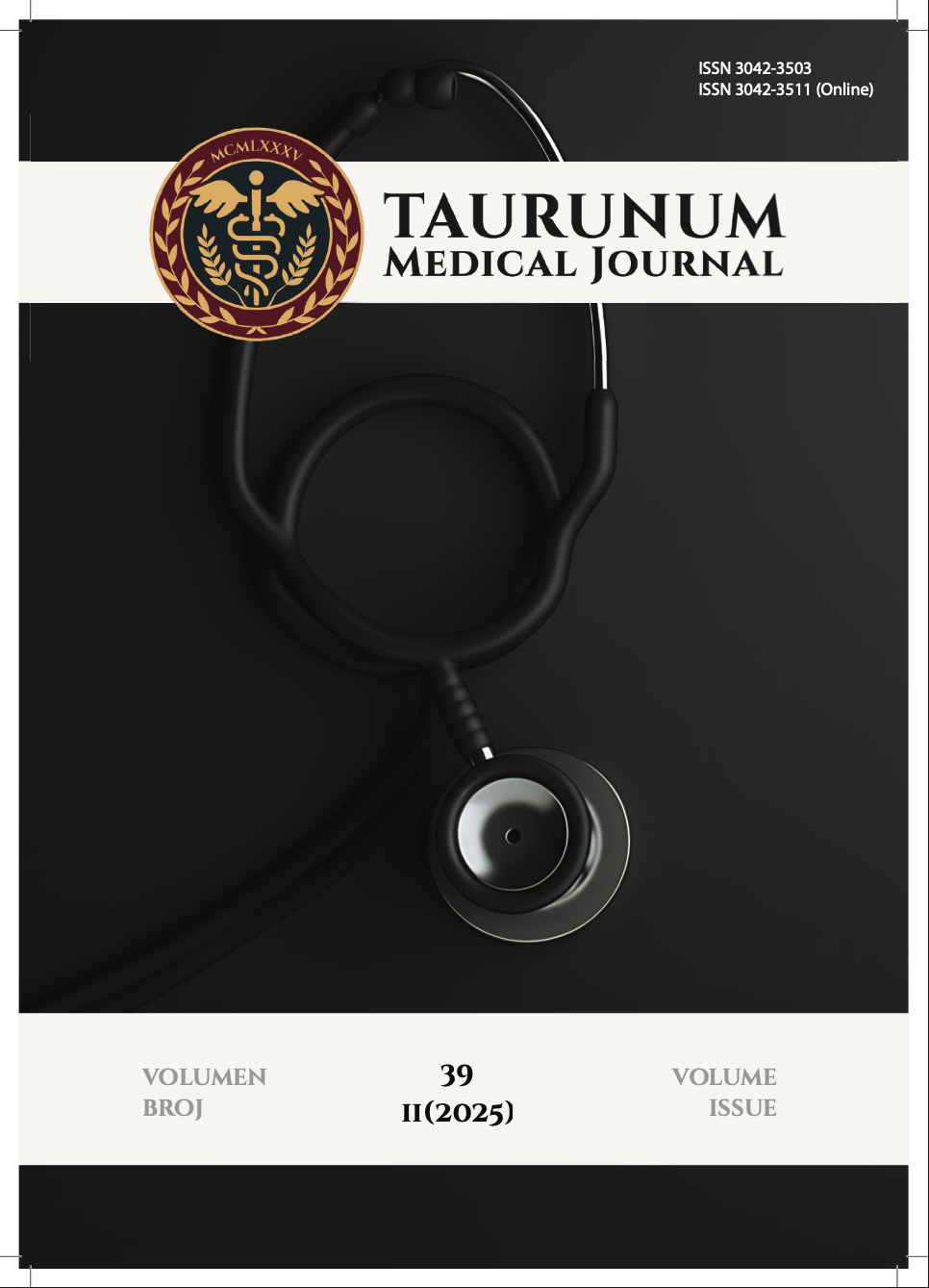Current issue

Volume 39, Issue 2, 2025
Online ISSN: 3042-3511
ISSN: 3042-3503
Volume 39 , Issue 2, (2025)
Published: 12.11.2025.
Open Access
All issues
Contents
01.12.2015.
Review Article
Colorectal cancer screening methods
Colorectal cancer (CRC) is an important social and medical problem. Complete recovery can be achieved only if the disease is diagnosed in the early stages, most common by screening methods. Studies have shown that screening methods reduce the incidence and mortality of colorectal cancer. The methods for colorectal screening can be divided into tests that allow the detection of cancer (fecal occult blood test and fecal DNA test) and morphological tests that allow diagnosis of cancer or adenomatous polyps (flexible sigmoidoscopy, colonoscopy, double contrast barium enema, CT colography ). In people with average risk of disease, screening begins at 50 years and performed on one of the following: fecal occult blood test (every year), flexible sigmoidoscopy (every 5 years), colonoscopy (every 10 years), double contrast barium enema (every 5 years) or CT colography (every 5 years). Colonoscopy is the preferred method, and is used as a confirmatory method, if the any other methods was positive.
Dusan Popovic, Tamara Alempijevic, Nada Kovacevic, Milan Spuran, Dragan Tomic, Srdjan Djuranovic, Miodrag Krstic
01.12.2012.
Review Article
Palliative care with special reference to gastroenterohepatology
Increased number of patients with malignant disease as the cause of death requires a specific concept in the treatment and care those patients. The concept was launched in the UK today is important for patients in the terminal stage by a comprehensive approach to palliative care. Care for these patients is specific with regard of therapy, care and psychological support to patients and their family. Palliative care, effective and quality is reflected in the best possible provided techniques to improve the quality of life in patients in the terminal stage. Marked weakness, difficult movement or immobility, pains, nausea and vomiting, constipation, and decreased food intake of fluids, are just some problems which struggle patients, so that palliative care can be influenced to a greater conforms more dignified person. Patients in the terminal stage with the liver insufficiency and associated complications are the most complex with regard of palliative care. In this paper will demonstrate the principles of palliative care patients suffering from malignant disease in Gastroenterohepatology.
Zeljko Vlaisavljevic, Ivan Rankovic, Milica Stojkovic, Dusan Popovic



